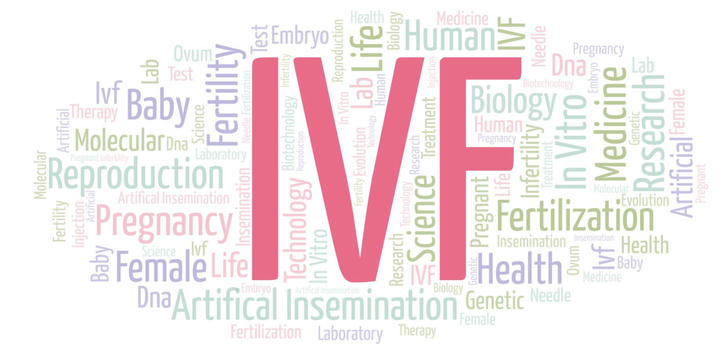Government-Sponsored IVF Treatment Support in the U.S.
Infertility affects many individuals and couples, yet the cost of treatment—especially in vitro fertilization (IVF)—can become a significant barrier. Fortunately,there are government-funded programs and grant opportunities designed to reduce financial burdens and increase access to fertility treatment.

Government-Funded IVF Programs in New York
The **New York State Department of Health (NYSDOH) maintains a program titled the “Infertility Demonstration Program” **(also known as the Infertility Reimbursement Program) which offers grant assistance for IVF to eligible individuals whose insurance coverage is inadequate for infertility services.
Key features include:
Applicants must be New York State residents with private health insurance (Medicaid or Medicare typically excluded).
Their household income must fall below a defined threshold (for example, up to around USD 195,000 in some centres) in order to qualify for cost-sharing support.
The grant may cover one or more full IVF cycles (including monitoring, medications, egg retrieval, fertilization, ICSI and embryo transfer) depending on the provider and program rules.
By providing this public subsidy, the State of New York seeks to ensure that infertility treatment is not limited solely to those who can afford full private payment, thereby promoting equity in family-building opportunities.
Federal and Government-Funded IVF Programs Beyond New York
Beyond New York, several other states and government-supported organizations offer publicly funded IVF programs.
Massachusetts is one of the most supportive states, requiring insurers to cover medically necessary fertility treatment, including IVF, for qualifying individuals.
Illinois and Maryland have similar IVF insurance mandates, ensuring that private insurance policies include infertility benefits for couples who meet clinical criteria.
The Department of Veterans Affairs (VA) provides IVF and assisted reproductive services to eligible veterans and their spouses who have service-related infertility conditions.
Some state health departments also partner with public hospitals and fertility centres to offer reduced-fee IVF cycles, particularly for low-income households or those affected by medical infertility diagnoses.
Additional grants and charitable supports for IVF
Beyond governmental programs, there are numerous non-profit organisations offering fertility treatment grants to assist with IVF costs. These grants may complement or substitute for insurance and state grant programs, especially when coverage is lacking.
Examples include:
The Baby Quest Foundation, which awards grants on a regular basis (twice per year) often ranging from a few thousand to tens of thousands of dollars toward IVF or related services.
The Nest Egg Foundation, which offers grants up to USD 20,000 for IVF treatment for eligible individuals in New York and Connecticut.
These charitable resources are especially valuable in cases where insurance coverage is absent, exhausted or severely limited. They allow hopeful parents to pursue IVF with reduced financial stress.
Why Choose Government-Funded IVF Treatment
Opting for a government-funded IVF program offers multiple advantages beyond financial relief:
Regulated Medical Standards – Treatments funded or partnered by government agencies must follow strict medical and ethical guidelines, ensuring safe and transparent procedures.
Reduced Financial Pressure – Grants and cost-sharing options significantly reduce out-of-pocket expenses, allowing families to focus on health rather than debt.
Equitable Access – Government programs often prioritise inclusion, supporting single individuals, same-sex couples, and those with limited insurance coverage.
Nationwide Recognition of Infertility as a Health Issue – Public funding signals that infertility is a medical, not merely personal, challenge—helping to reduce stigma and promote awareness.
For many, these programs provide not only financial aid but also emotional reassurance that their journey toward parenthood is supported by public health policy.
Eligibility and Practical Steps
Applicants must typically:
Provide proof of residence, insurance, and medical infertility diagnosis.
Meet income or age requirements.
Undergo evaluation by a licensed fertility specialist.
Apply through a participating fertility clinic or state health department.
Conclusion
Government-funded IVF treatment programs reflect a broader commitment to reproductive equality and healthcare accessibility. Whether through New York’s Infertility Demonstration Program, state insurance mandates, or VA-supported fertility care, these initiatives help thousands of Americans realise their dream of building a family. Choosing a government-supported program not only reduces financial strain but also ensures medically supervised, ethically regulated care—offering hope, fairness, and opportunity for everyone seeking to become a parent.
